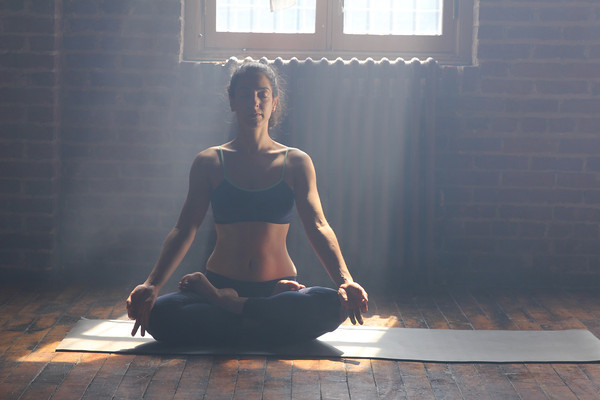Reclaiming Your Practice ~Maya Devi Georg
Ask any yogi to describe their practice and they will usually just toss out the name of a style of physical exercises. Some may go on to describe their style, some in the language of alignment, others in strict sequencing, and a few in terms of energy, but they all have strict rules for practicing. Some rules are about how to do the poses, or the time of day to practice, or the temperature. Others are about what order the poses must be in, or even what poses they must be able to perform before being taught the next pose in a sequence.
There are always reasons given to explain why one style is superior to the other, but I always saw the differences as branding.
Coca-Cola and Pepsi have different recipes and logos, but ultimately, they are both sweet, brown, fizzy drinks. Some may prefer one to other, and there are even those that will drink only one to the exclusion of all other.
There’s nothing wrong with knowing what we like. After all, we are all entitled to our opinions. There is a problem when we confuse our opinions with facts. There is a problem when we refuse to look critically at the things we believe.
Adhering strictly to a dogmatic principle in a practice that promises increased flexibility strikes me as just, well, inflexible. Believing blindly in strict rules on how to do the poses (perfect alignment, sequence, temperature, pace, etc.) is ultimately unimportant if it doesn’t make you a better person. If there is little physical benefit or no spiritual benefit to a belief than it is not worthy of our attention.
Dogmatic principles in yoga asana do not lead us into a more spiritual life, nor free us from our egos or the bonds of karma. They are clever marketing disguised as spirituality. Yoga asana can be a spiritual practice if it is done with mantra, or as an offering, or as a meditation. But then again so can cleaning your house, or gardening, or doing almost anything that requires your focused attention.
People will cling to and identify with dogmatic rules about asana because it gives them an immediate community to being to, as well as an identity as a member of that group. And while having a spiritual community is helpful, and for many necessary, to maintain a spiritual practice, blindly following a set path and intractable rules for a practice will only hamper individual progress.
Yoga is very much a personal and experiential practice. No teacher can know or feel your body or mind. So reclaim your practice – find the practice that makes you better, happier, more at peace. Ultimately, our practice is not a possession, but a part of us. Knowing our practice is knowing our Self.




